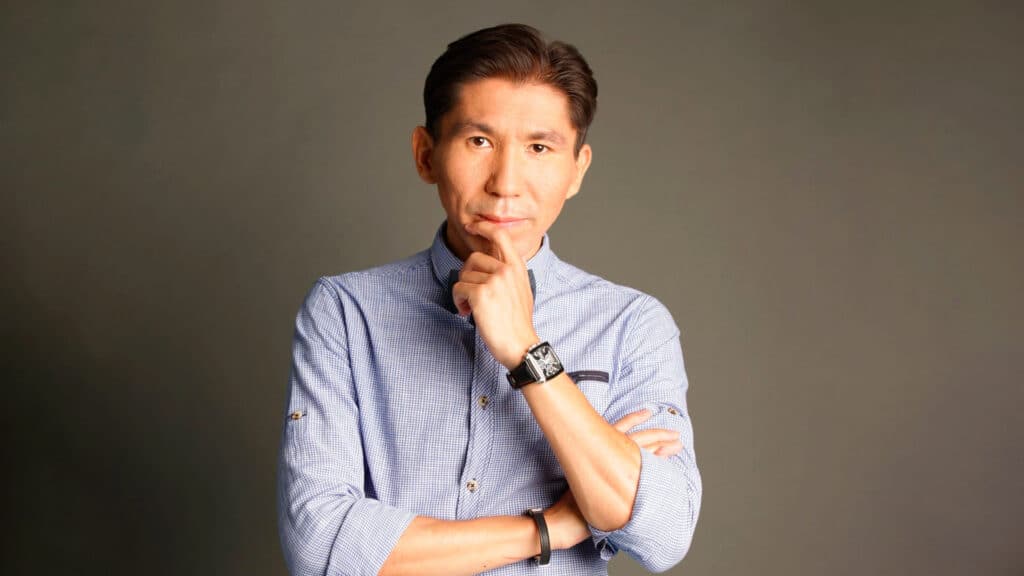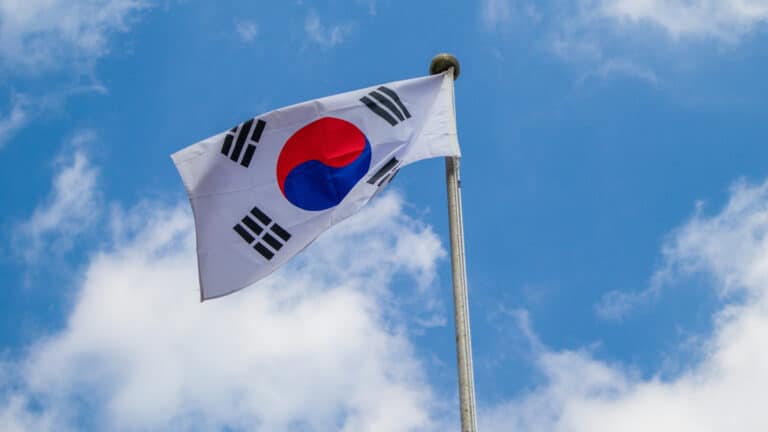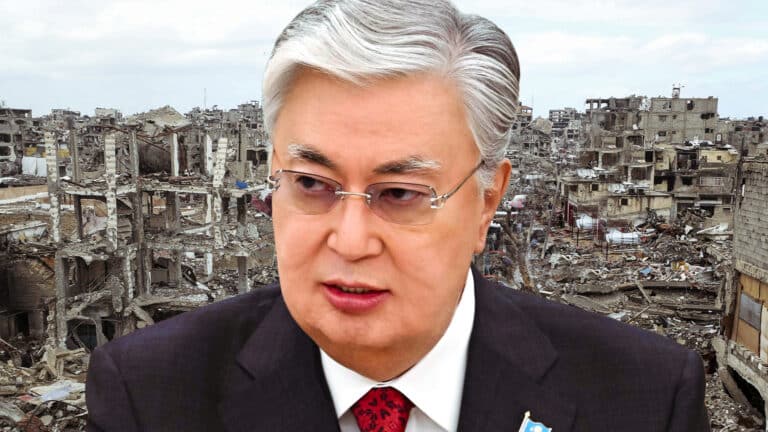
Kazakhstan’s media landscape faces several critical issues that demand attention. Kazakh political scientist and columnist Dossym Satpayev recently addressed these challenges at the 16th Mediakuryltai, a prominent annual conference focused on Kazakhstan’s media market. Held in Almaty on Nov. 20, 2024, the event featured Satpayev’s insights on the relationship between the media and the state, along with the emerging concerns posed by the rise of artificial intelligence (AI). Kursiv.media presents a summary of Satpayev’s key points.
The generic curse of Kazakhstan’s media
Efforts to improve the media landscape without addressing underlying economic issues are doomed to fail. To enhance the competitiveness of the media industry, structural political reforms must be implemented simultaneously. One cannot succeed without the other.
Why isn’t this happening?
Perhaps it’s a systemic issue that has persisted since 1995, when, under Nursultan Nazarbayev, Kazakhstan’s first president, the ruling elite began equating their own security with national security. Essentially, any perceived threat to them was seen as a threat to the nation.
A competitive media landscape in Kazakhstan will only emerge when journalists are no longer afraid of government retaliation. This principle applies to political parties, trade unions and other institutions. There’s no need for a specific media law, the constitution itself provides a sufficient framework. The media should be regulated by three key elements: the constitution, a journalist’s code of ethics and market competition.
The media’s significance should be determined by its audience, not the state. Readers, through their financial support, and advertisers, through their investments, should ultimately decide the media’s value. As the saying goes, «The more laws, the more lawlessness.» Unfortunately, this trend is evident not only in Kazakhstan but also in many other countries worldwide.
What would Elon Musk ban in Kazakhstan if he were in charge?
Is there a need for government media contracts? Let’s take the U.S. as an example. Currently, Donald Trump is conducting a major personnel reshuffle, and one appointment that stood out is Elon Musk’s role as head of the Department of Government Efficiency. Even the U.S. is focusing on government efficiency. One of Musk’s main tasks is to reduce government spending that isn’t meeting its goals.
Hypothetically, if Kazakhstan had competitive elections like the U.S., it would be necessary to reduce government spending that fails to deliver tangible results.
The government should not be supporting individual media outlets. The primary role of the government is to create conditions that allow for a competitive media landscape, where media outlets must prove their worth. As mentioned earlier, the constitution and the code of ethics should guide media operations. If a media outlet violates these principles, the criminal code should be enforced. That’s it.
Thirty years of government contracts for the media: where are the results?
As global practice shows, government media contracts work effectively only in two systems: a totalitarian system, like the Soviet Union or present-day North Korea, or in a system with over a billion people, like China. In other systems, the state’s attempts to create a competitive media structure, even with public funds, often fail. Take Al Jazeera, for example. Though initially conceived as an Arab version of the BBC, over time, it has struggled to maintain a balance between state propaganda and journalistic integrity. The increasing dominance of propaganda has led to a decline in its audience.
Government support for media, particularly in sectors like children’s programming and cultural content, can be justified. These areas often require significant investment and may not be commercially viable.
After 30 years of government media contracts, one must question the effectiveness of this approach. What tangible results have been achieved? What intellectual value has been created? Despite substantial investments, the core issues of media independence and quality journalism remain unresolved.
Why AI is dangerous for Kazakhstan
Today, AI is a global trend poised for continued growth, but it also opens a Pandora’s box for Kazakhstan. The potential for AI-powered disinformation and manipulation, particularly through deepfakes, is a serious concern.
As AI technology advances, can you imagine the impact when hybrid wars begin using AI against Kazakhstan? Is Kazakhstan prepared for an information war?
Let’s imagine a scenario where Kazakhstan faces a massive cyberattack. Who would be our first line of defense? State-controlled media? Given the decline of independent media, we’ve left ourselves vulnerable to such attacks. It’s like being a turtle without a shell, exposed to every threat.













